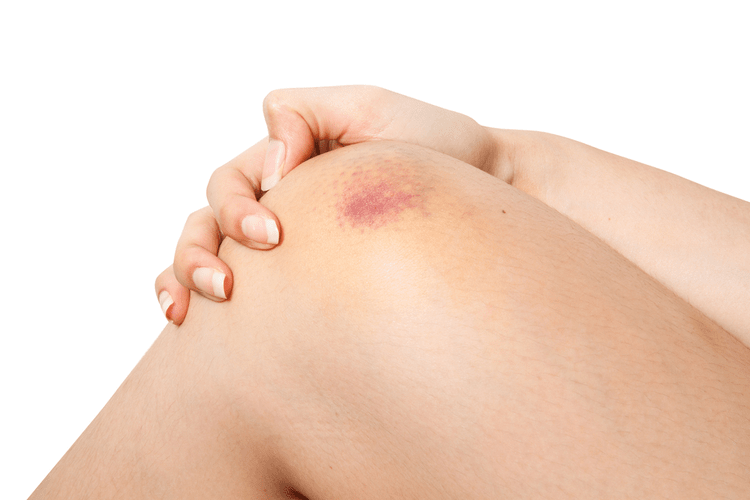Talking therapies like CBT (cognitive behavioural therapy), can help you learn to spot unhelpful patterns of behaviour and help you to develop coping strategies. Alcohol and panic attacks go hand-in-hand for some people, where one leads to the other. Alcohol is a natural disinhibitor can alcohol cause panic attacks — meaning it can cause you to make choices you may not make while sober. This is why some people can wake up feeling embarrassed about things they said or did. This can definitely cause anxiety and worsen any existing phobias or overthinking tendencies you may already have.
- People who consume large quantities of alcohol several times per week or more put themselves at risk for long-term damage.
- Alcohol is a mild anesthesia and will put you in the mood for sleep — at least initially.
- Unless you regain your ability to cope with stress, the chances of developing an anxiety disorder remain high.
- Patient aims to help the world proactively manage its healthcare, supplying evidence-based information on a wide range of medical and health topics to patients and health professionals.
- On another note, changes to one’s lifestyle may be enough to deal with or reduce anxiety in some cases – especially mild ones.
You can become agitated and jittery because your body is busy processing the alcohol, which neutralizes the effect of these medications. Up to one third of people will experience at least one panic attack in their lives, according to clinical psychiatrist Cindy Aaronson. They usually start when people are in their twenties but can also happen to teenagers. For those seeking addiction treatment for themselves or a loved one, the addictionresource.com helpline is a private and convenient solution. Calls to any general helpline (non-facility specific 1-8XX numbers) for your visit will be answered by American Addiction Centers (AAC).
Get the Mayo Clinic app
The chemical spikes and dips you experience from heavy drinking catch up to you. People who consume large quantities of alcohol several times per week or more put themselves at risk for long-term damage. If you can’t cut down on drinking despite recurring panic attacks or anxiety hangovers, then it would be a good idea to look into getting help. Because alcohol affects GABA, an inhibiting neurotransmitter in the brain, it does make a person feel calmer at first. However, when the alcohol wears off, GABA levels decrease, triggering an anxious, exaggerated, and overstimulated state.

AddictionResource fact-checks all the information before publishing and uses only credible and trusted sources when citing any medical data. The Verified badge on our articles is a trusted sign of the most comprehensive scientifically-based medical content. If you have any concern that our content is inaccurate or it should be updated, please let our team know at [email protected]. Alcohol anxiety after a long night of drinking is more common than one would imagine. In the next two sections, we discuss the effects of hangover and withdrawal. During a panic attack, your brain and your body are completely overwhelmed.
Quit drinking alcohol.
It has been proven many people with this condition turn to drinking as a method of self-medication. As a consequence, those affected by social anxiety and alcohol consumption then have to drink more to deal with the new alcohol side effects. Unfortunately, we’ve been fed false stories of its positive effect on the condition.

0 Comments